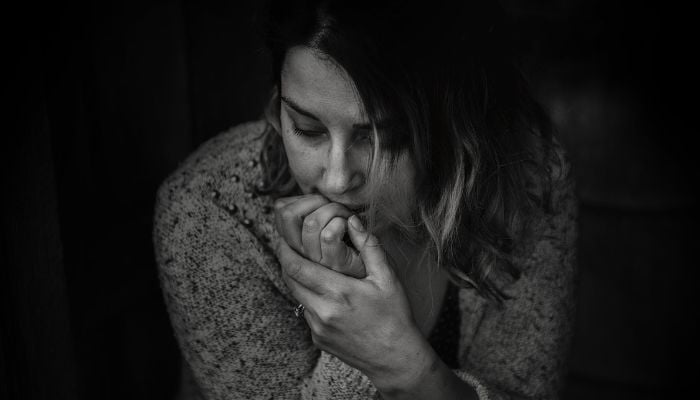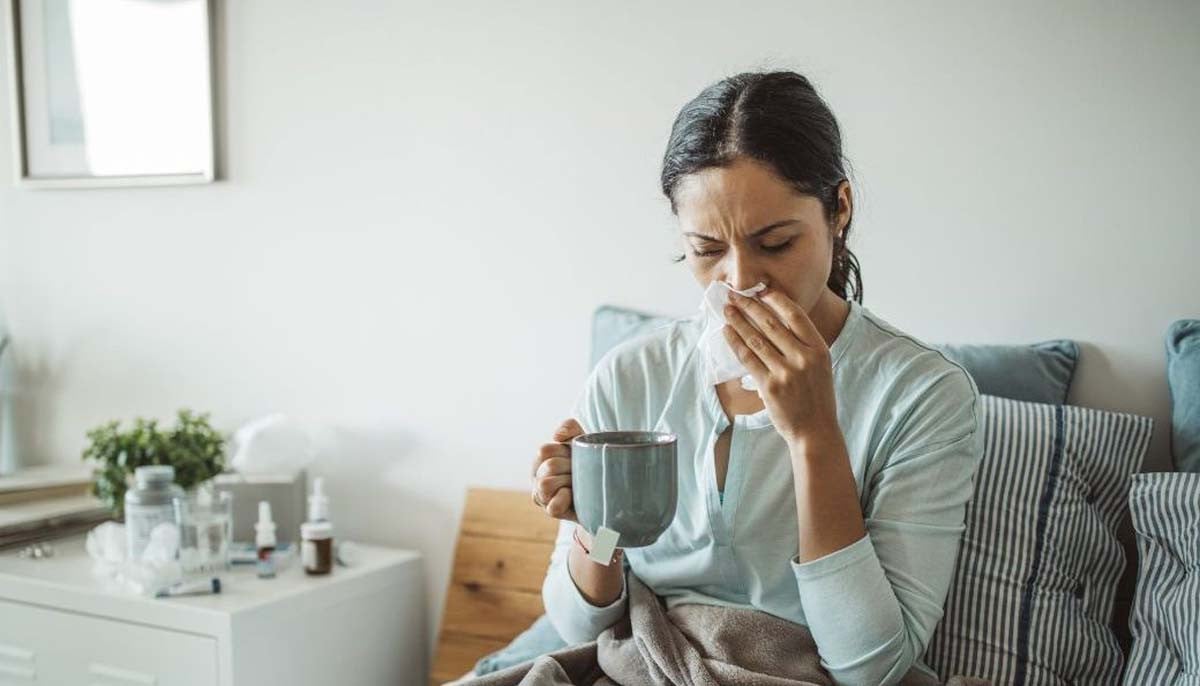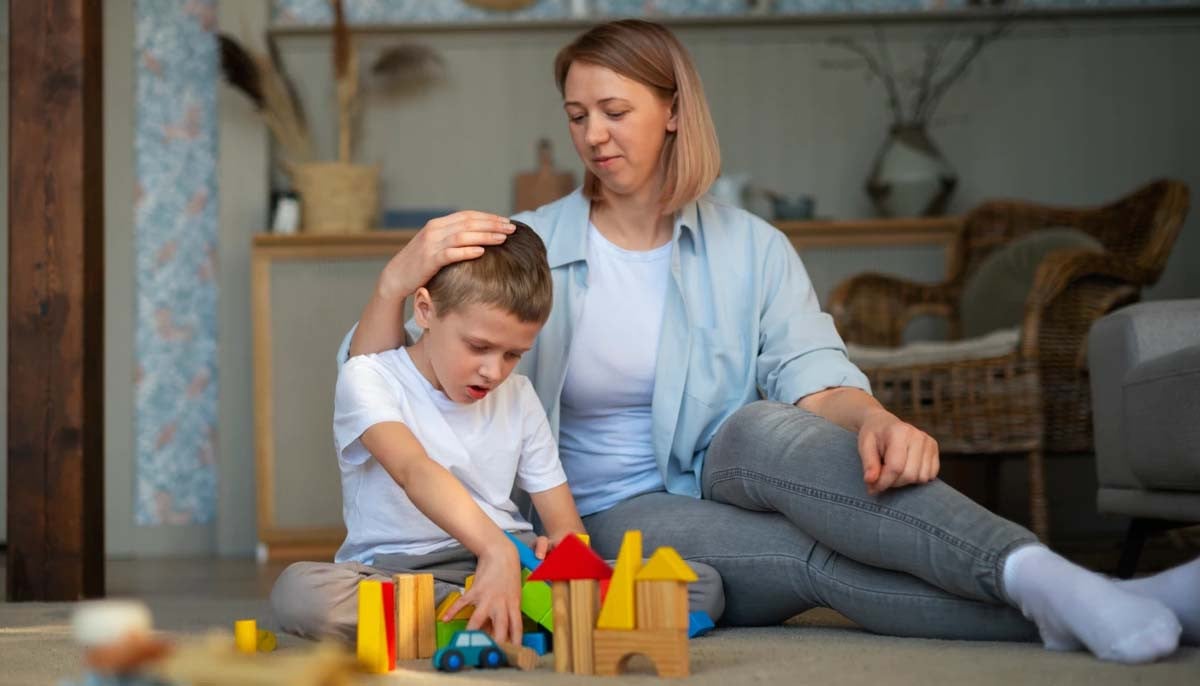How to get rid of anxiety fast
Do not look at symptoms of your anxiety, be they physical or psychological, as something taboo
The first step in dealing with your anxiety is to acknowledge and accept that you are feeling a certain way. Trying to fight it or push it away will only make it worse, more often than not. Anxiety is a natural response to stress, and it is important to recognise that it is okay to feel this way.
Once you have acknowledged your anxiety, try to accept it. Do not judge yourself for feeling anxious or beat yourself up for not being able to control it. Do not look at your symptoms, be they physical or psychological, as something taboo. Instead, try to be kind and compassionate towards yourself. Remember that anxiety is a normal part of life, and it's okay to ask for help if it becomes overwhelming.
Use relaxation techniques for anxiety
There are a plethora of relaxation techniques you can use to help reduce your anxiety immediately. Here are a few examples:
Deep Breathing: Take slow, deep breaths in through your nose and out through your mouth. Count to five as you inhale, hold for two seconds, then exhale for five seconds. The timings can differ depending on the breathing technique. For example, 4-7-8 breathing and "double-inhale" breathing have their own ways.
Progressive muscle relaxation: Tighten and release each muscle group in your body, starting with your toes and working your way up to your head. This technique can help you feel more relaxed and reduce tension in your body and is known to help seamen sleep.
Visualisation: Imagine yourself in a calm and peaceful place, such as a beach or a forest. This is a mindfulness technique that can work for many people, if not all. Try to focus on the details of this place, such as the sound of the waves or the smell of the trees.
Meditation: Sit quietly and focus on just your breath. If your mind starts to wander, gently bring it back to your breath. You can also try guided meditations, which can be found online like on YouTube or through meditation apps.
Take action to address the cause of anxiety
While relaxation techniques can help you feel calmer and centred at the moment, it is also important to address the source of your anxiety. Here are a few steps you can take:
Identify the cause: What is causing your anxiety? Is it a specific event, such as a job interview or a social gathering? Or is it a more general feeling of worry and unease at all times? Try to identify the root cause of your anxiety because if you know the problem, figuring out the solution would be easier.
Challenge your thoughts: Once you have identified the cause of your anxiety, try to challenge the thoughts that are contributing to it. Are your thoughts based on facts, or are they distorted by your anxiety? Cognitive dissonance is behind anxiety many times.
Take action: If there is a specific action you can take to address the source of your anxiety, do it. For example, if you're anxious about a job interview, practice your interview skills or research the company beforehand. Taking action can help you feel more in control and prepare you better for any situation.
Seek support: Find no shame in asking for help. If you are struggling to manage your anxiety on your own, don't hesitate to seek support from a friend, family member, or mental health professional.
-
FDA sends 'refusal-to-file' to Moderna over new flu vaccine
-
Cure flu with theses two golden foods
-
Struggling with obesity? Here's how to manage it
-
Historic mental health facility closes its doors
-
Top 5 easy hair fall remedies for the winter
-
Pregnant women with depression likely to have kids with autism
-
Antioxidants found to be protective agents against cognitive decline
-
Coffee reduces cancer risk, research suggests












